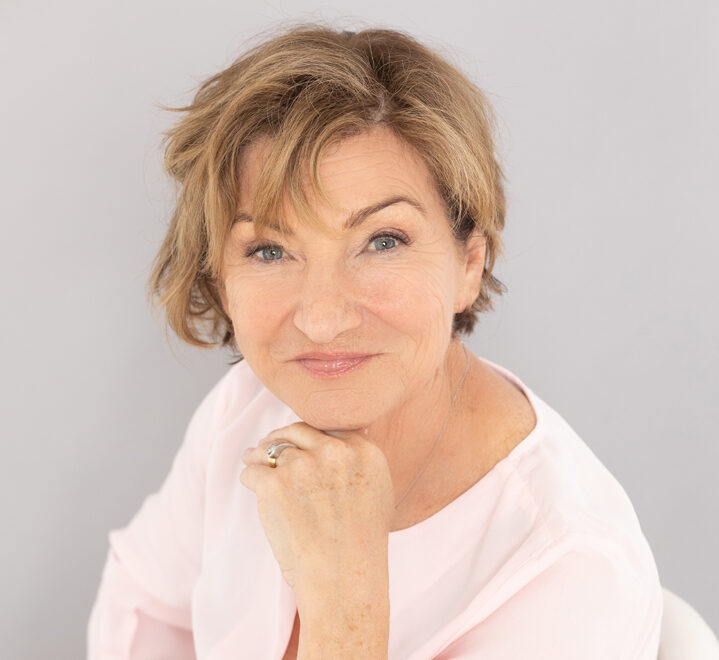
I am going to go out on a limb and tell you that I am really pissed off! I know I don’t often tell you how I really feel-especially when I am mad, but right now, today I am so angry…let me tell you why!
As I work more and more with my clients who have either anxiety and or depression, I am just amazed at the indiscriminate use of prescribed anti-anxiety and anti-depressant medications and the way many physicians and other health-care professionals prescribe them, without a comprehensive workup and without clearly telling patients about the potential side effects, poor long-term outcome studies, and alternative treatment options.
The rampant use of these medications is hurting our society. It has been estimated that the use of antidepressants have gone up 400% in the last two decades and that nearly a quarter of all females (23%) between the ages of 40-59 are taking them.
The overall effectiveness of antidepressants has come into serious question over the last decade with large-scale studies showing that when all depressed patients are started on the most popular antidepressants, selective serotonin reuptake inhibitors (SSRIs) such as Zoloft, Celexa, Lexapro or Prozac, they are no more effective than placebo (sugar pills), except for the most severely depressed patients. Dr. Thomas Insel, the Director of the National Institutes of Mental Health wrote in 2009, “The unfortunate reality is that current medications help too few people to get better and very few people to get well.”
If you have felt sad, blue, negative, worried, and unable to let go of thoughts that upset you? If you have had trouble sleeping, struggling with a low libido, and have lost the zest and joy in your life? Then you may be suffering from depression.
So what do you do? You go to your doctor and when you tell your family physician, internist or gynecologist about them, he or she often reaches for the prescription pad in hopes of giving you a quick fix. They only have a few minutes for you on their busy schedules, and antidepressant and anti-anxiety medications have been billed as offering fast, easy relief. But before you accept the prescription, you might want to give it a second, third, and even fourth thought and consider another way.
Let me be clear: I am not opposed to medication for anxiety and depression. I have seen medication help many people overcome life-threatening mood disorders with these medications. But, unfortunately, I’ve also seen people made worse. Medications can be very effective when targeted properly after a thorough workup, but they can also be a disaster when not used appropriately.
Few physicians ever tell their patients that taking psychiatric medications can negatively affect their insurability and their ability to get health, life, long-term care or disability insurance. Insurance companies tend to view “psychiatric” patients as having more risk and often charge higher premiums or deny coverage.
These medications are also not without their own side effects, especially in the area of sexual dysfunction, weight gain and relapse. Patients who start with antidepressant or anti-anxiety medications tend to have higher relapse rates than those who never start, or they use alternative forms of therapy such as exercise or talk therapy.
One of the main reasons why antidepressants are ineffective in large-scale studies is that most physicians have been taught that depression is a single or simple disorder: “Feel depressed, take an SRRI.” Giving the diagnosis of depression is exactly like giving someone the diagnosis of chest pain. Doctors don’t give people the diagnosis of chest pain because it has too many different causes and wildly different treatments. It can be caused by such diverse things as heart attack, an arrhythmia, pneumonia, an ulcer, anxiety, grief and gas. Giving everyone the same treatment for chest pain is crazy.
Yet depression is the same way. It can be caused by loss, grief, low thyroid, pancreatic cancer, brain trauma, toxins, obesity, diabetes, sleep apnea and more (untreated thyroid problems or sleep apnea are not helped with SSRIs). It is estimated that nearly 30% to 40% of all depressions have underlying medical causes. Without a thorough workup, it is impossible to know what.
In Ayurveda, we use a more natural approach. Two of the underlying principles of my work is “First do no harm” and “No one size fits all ” Ayurveda uses natural treatments, such as diet, exercise, and herbal supplements, as many of the medications seemed to make my patients worse. For example, benzodiazepines, such as alprazolam or diazepam, causes overall low blood flow states in the brain and recently, it was discovered that this class of medication has been associated with an increased the risk of dementia.
If you feel anxious or depressed and it lasts more than two weeks, make sure to get a thorough medical workup, including comprehensive blood work that includes a detailed look at your thyroid. Before trying medication, unless your condition is severe, try some simple natural interventions, such as:
Exercise (walk like you are running late for 45 minutes a day)! In a study comparing exercise to antidepressants, they were equally effective at 12 weeks, and exercise was more effective at 10 months.
The typical way most physicians diagnose and treat depression looks like this:
Symptoms of depression = diagnosis of depression, leading to largely ineffective treatment and poor outcomes.
That’s what makes me so mad! If you want more information on the Ayurvedic approach to managing anxiety and depression, set up a complimentary consultation with me today!

The Holistic HIghway integrates traditional Western medical practices with Ayurveda medicine, creating a focus on prevention through nutrition, diet, and exercise; use of the latest genetic testing and other diagnostic techniques; and prescribed combinations of botanical medicines, supplements, therapeutic diets, detoxification programs, or stress-management techniques.

Integrative Health Expert | Ayurveda Practitioner | Author | Speaker
Kerry is a globally recognized leader in integrative medicine and the science of health known as Ayurveda. She is passionate about raising awareness of the need for a change in contemporary medicine that focuses on patient empowerment and a health-based (rather than disease-based) medical system.
Kerry is connected with The University of Pittsburgh Center for Integrative Medicine and remains a pioneer in the field of integrative medicine where she has developed a personalized system to manage chronic disorders by incorporating fundamental changes in diet, behavior, and stress while focusing on genetics.
This individualized program is so successful that many of her clients have achieved maximum healing and vitality after years of chronic problems!
More to Explore
Contact
Disclaimer
The sole purpose of all the website content is to educate and provide information about Integrative Health, Genetics and Ayurveda.This information is not intended for use in the diagnosis, treatment, cure. or prevention of any disease.
Stay Connected